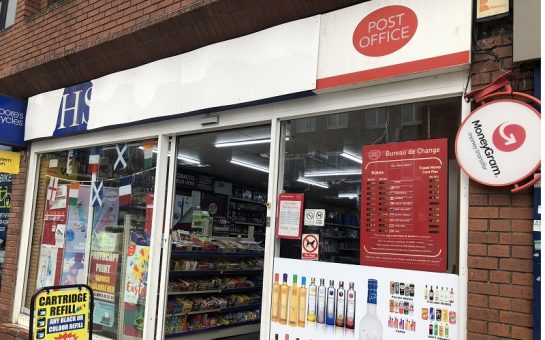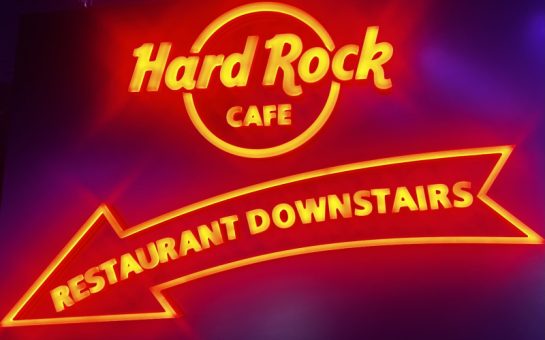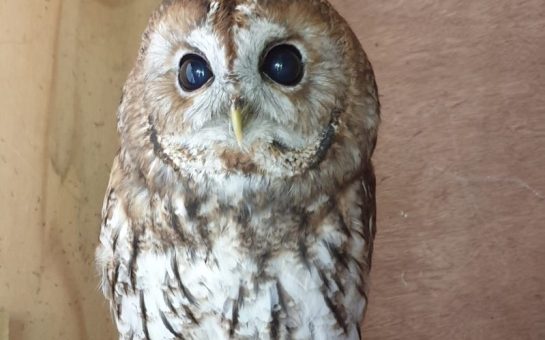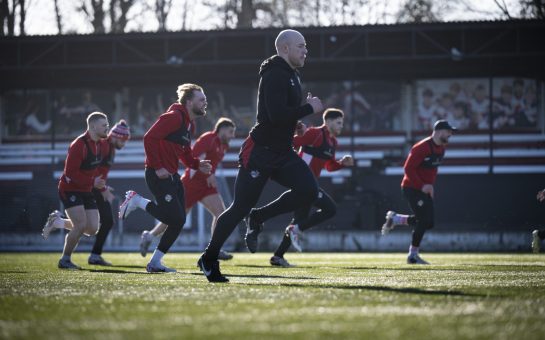It’s a hot, dark and addictive psycho stimulant. Sitting here with a cup next to my laptop, I recognise it’s also something that has become part of my daily, if not bi-hourly routine.
I thrive on it, and I was intrigued to know if others felt the same.
In advance of International Coffee Day on Monday 1 October, I took to the streets of south west London and asked 50 Londoners if they felt the same way that I do, and whether, at a push, they could go without it for a day.
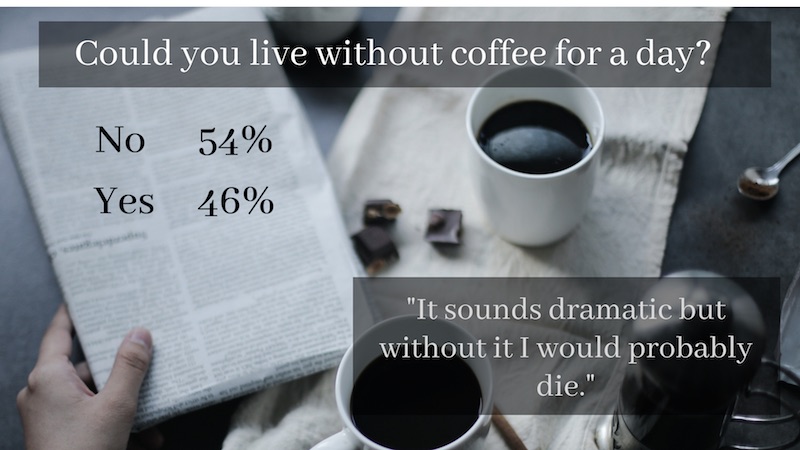
Here’s what happened when I when I tried to live without it for a day:
I am not the only one that’s tried to give it up.
“It was probably the worst time of my life, it just wasn’t the same for me.
“I am a creature of routine and structure, I live for my coffee and without it, I am a lesser version of myself.”
That was verdict from Catherine Chentofanti, 28, an account executive from Wimbledon, who told me she had, ambitiously, once tried to forgo coffee for Lent.
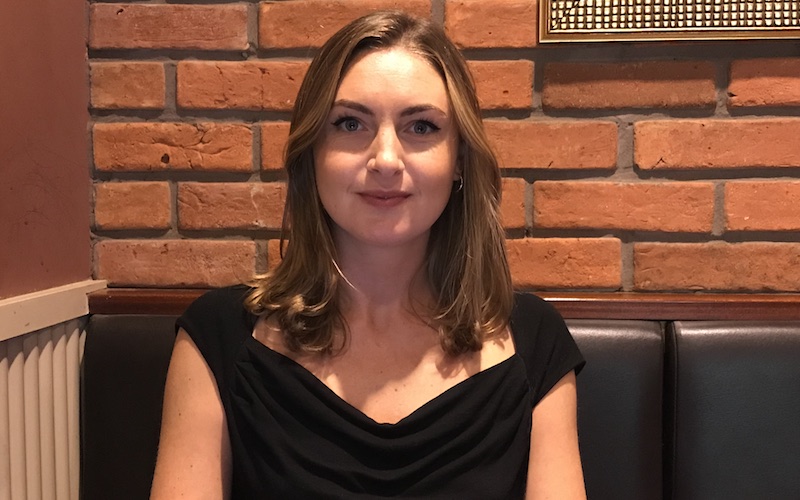
LIVES FOR COFFEE: Catherine Chentofanti, 28
Mark Griesel, 59, owner of Bliss Coffee in Wimbledon said that whilst he himself could happily have a cup of tea instead, many couldn’t.
“There are some people that come in and ask for three to four shots of espresso and are tapping on the counter while they wait, who clearly can’t live without it,” he said.
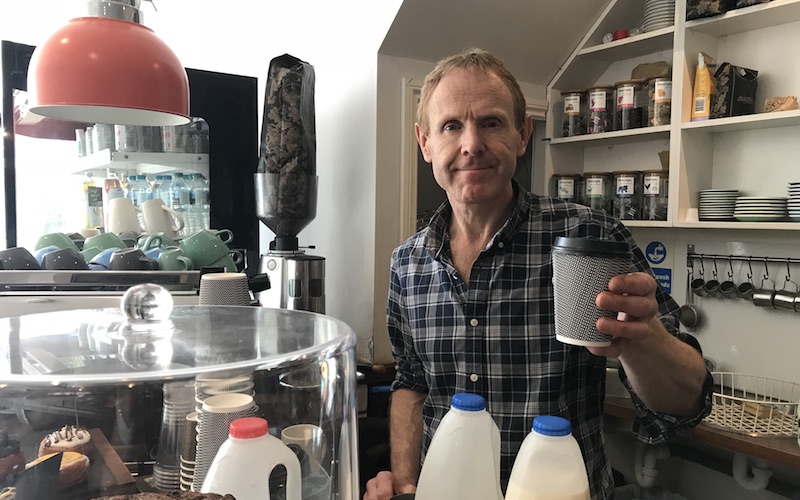
JUST TEA THANK YOU: Mark Griesel of Bliss Coffee
Miguel Comino, 47, may well be one of those people.
Chatting with him in the bright autumnal sunshine outside Caffe Nero in Wimbledon, where he works as a barista, he told me: “When I was a kid, my Mum gave me coffee in Spain. It sounds dramatic but without it I would probably die.”
This is a sentiment echoed by his colleague Daniela Semino, 44, who also works as a barista at Caffe Nero.
“I couldn’t function.
“Yes I can go vegan, and be healthy for example, but I can’t live without my coffee,” she said.
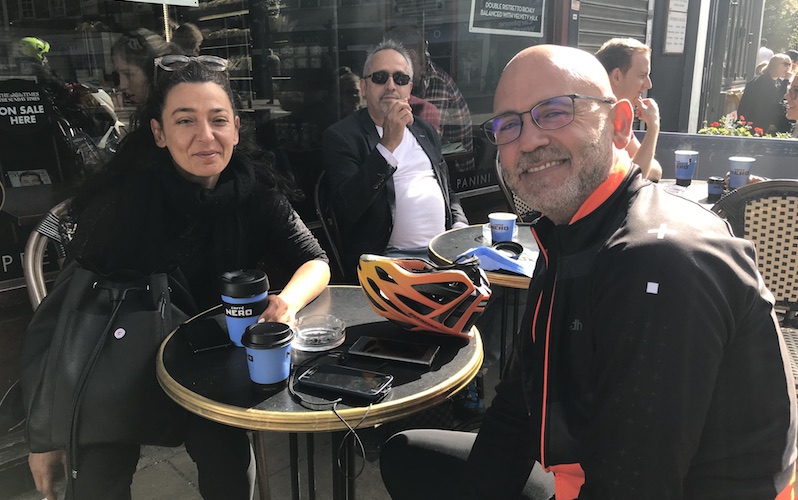
COFFEE ADDICTS: Daniela Semino (left) and Miguel Comino
As the poll indicates, there are of course plenty of people out there who can survive perfectly happily without coffee, almost half of those asked.
But it’s certainly become more a part of our lives and our high streets.
Tracy Coles, 51, a mental health support worker from Wimbledon said: “40 years ago coffee was a luxury, now it’s much more important than it used to be.
“Suddenly from the 1980s onwards people started going to work on caffeine, it became part of society.”
